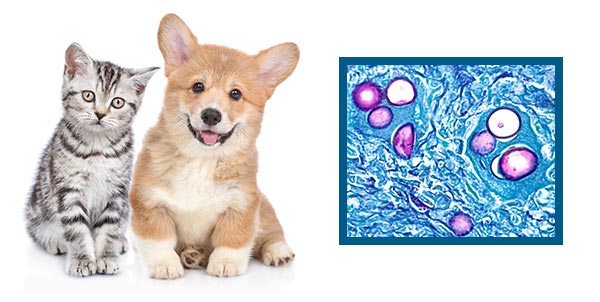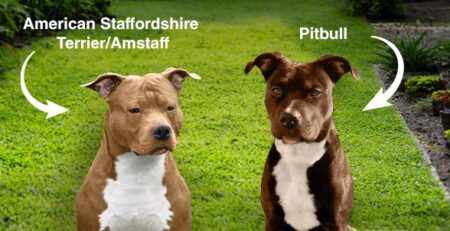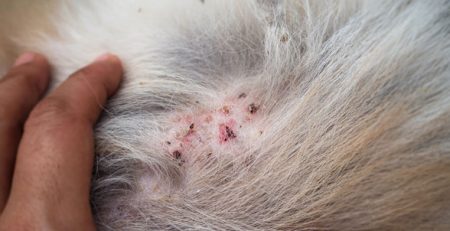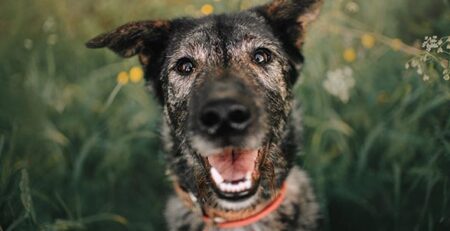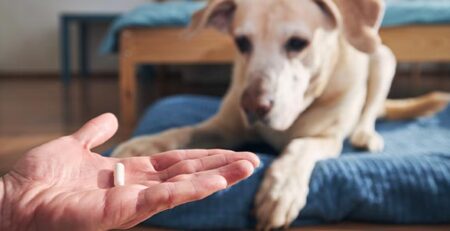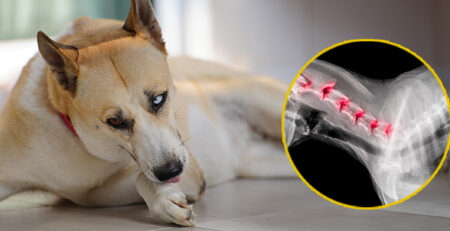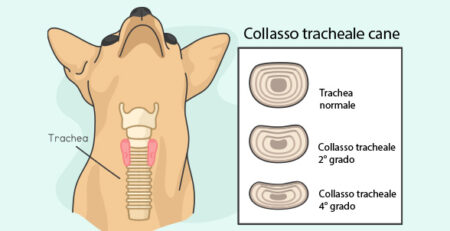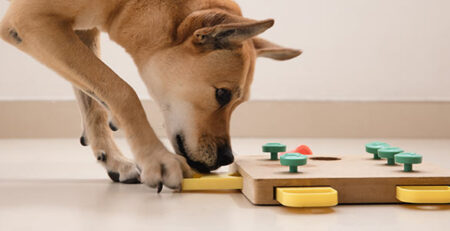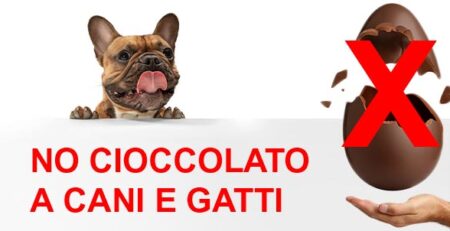Table of Contents
Coccidiosis is an infection caused by coccidia, parasites that infest the intestines of dogs and cats.
Coccidia cause sometimes irreversible tissue damage before the onset of symptoms, diarrhea in particular.
They are parasites responsible for serious injury to the intestines of dogs and cats: they alter the processes of digestion and nutrient absorption, result in dehydration, weight loss and mortality especially in puppies where the immune system is not yet fully formed, in the elderly and the immunocompromised.
Coccidiosis in dogs and cats is species-specific and does not infect humans.
Cystoisospora canis is the species that most infects the dog, while Cystoisospora felis is the species that most infects the cat.
Where do you get coccidia?
Infection occurs through ingestion of the larval eggs of coccidia, called sporulated oocysts.
Sporulated oocysts are excreted through the feces of infected animals and contaminate the environment in which they are deposited.
When they reach the intestine, the oocysts hatch, releasing the infesting larval forms that will in turn begin to multiply and produce new oocysts, which are later eliminated with feces in the external environment.
The cycle will be repeated on another animal that ingests them.
Incubation times are 8 to 10 days, and the main symptom is diarrhea.
What are the symptoms of coccidiosis in dogs and cats
Diarrhea, watery and with the presence of mucus and blood, is the most obvious symptom of coccidiosis.
Anorexia, emaciation, abdominal pain, vomiting, and dejection are added.
Coccidia are able to cross the blood-brain barrier, so they can reach the brain and give neurological symptoms.
Often one is faced with coccidiosis with co-infections of viral, bacterial, or other intestinal parasites-there is thus an underlying cause that allows coccidia to overwhelm.
In puppies, infection often occurs during weaning, due to change of environment or other stressors.
If not detected and eradicated in time, coccidia can do serious harm to the animal even going so far as to cause death in puppies or older animals.
Adult dogs and cats can also remain asymptomatic and show no clinical signs however it is always advisable to check for coccidia to prevent contamination of environments and continued reinfestation.
Oocysts, by the way, can survive up to two years in the environment.
How to tell if your dog or cat has coccidiosis even if it is asymptomatic
To diagnose coccidia, a stool examination is necessary.
Expulsion of oocysts occurs intermittently: for proper diagnosis, a single sample may yield a negative result even in an infected animal.
Fecal samples should be collected for three consecutive days, stored in individual jars in the refrigerator, and all tested on the third day.
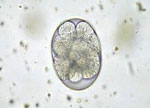
How to treat coccidiosis
The veterinarian will prescribe the most appropriate antiparasitic and drug therapy as well as a specific diet for the gastro-intestinal tract.
In addition, all animals living with the infected dog or cat should be treated in turn, regardless of the outcome of their fecal tests.
The treatment will prevent massive contamination of animals and the environments in which they live and transit.
How to eliminate coccidia from the environment
Oocysts are very resistant in the environment but are neutralized by heat and specifically, steam cleaning.
As a rule, moreover, the use of surface sanitizers, the daily removal of feces and their proper disposal are always essential to minimize the risk of transmission of all parasites.
Precautions for introducing a dog or cat into the home in the presence of other four-legged friends
It may happen that you host a puppy dog or cat in your home from at-risk environments.
The first rule, is to always subject the newcomer to a period of quarantine isolation and do all testing as soon as possible.
Stool examination will confirm or rule out not only the presence of coccidia in dogs and cats but also ascarids and giardia.
In this way, you will protect all of your four-legged friends from parasites.
To have your dog or cat checked for feces, contact the veterinary doctors on our staff who are always available to you.
We would also like to remind you that Clinica La Veterinaria is always open h24 every day including holidays and with First Aid service from 8 pm to 8 am.

